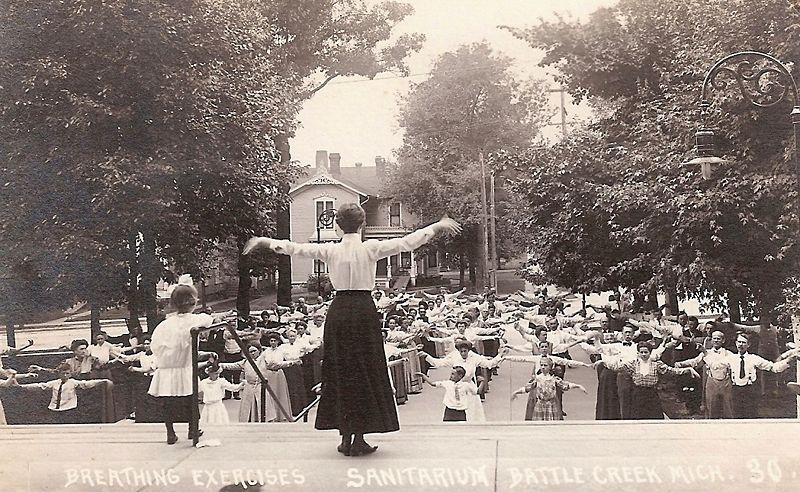If I had to choose between living forever and not living forever, I would opt to live forever, because that’s the less-permanent option. I mean, you can always change your mind.
From “Imminent Immortality: Do You Really Want to Live Forever?” Joseph Guyer’s thoughtful Future Culturalist blog post about ever and ever:
“But the question remains — is not dying desirable?
If most of us one day have the opportunity to extend our lives indefinitely, how will that change the dynamics of society and culture? A typical person living to 80 years of age goes through several dramatic changes in his lifetime: his opinions and attitudes change, his interests, his friends, his career, sometimes even how he remembers the past. Imagine how much change would take place in a thousand years of life! You wouldn’t be a shadow of the person you once were. Some workers put in 30 or 40 years’ worth of service at a single company or organization, or work in a single industry for as many years, but how dull it would be to continue beyond that. We celebrate when couples reach fifty years of marriage, but could any of them reach 100 years? Two hundred? A thousand? A little over half of marriages end in divorce already. Would couples, knowing that they are going to live for hundreds of years, wed with the firm understanding that they will eventually split? How would immortality affect patriotism?”

